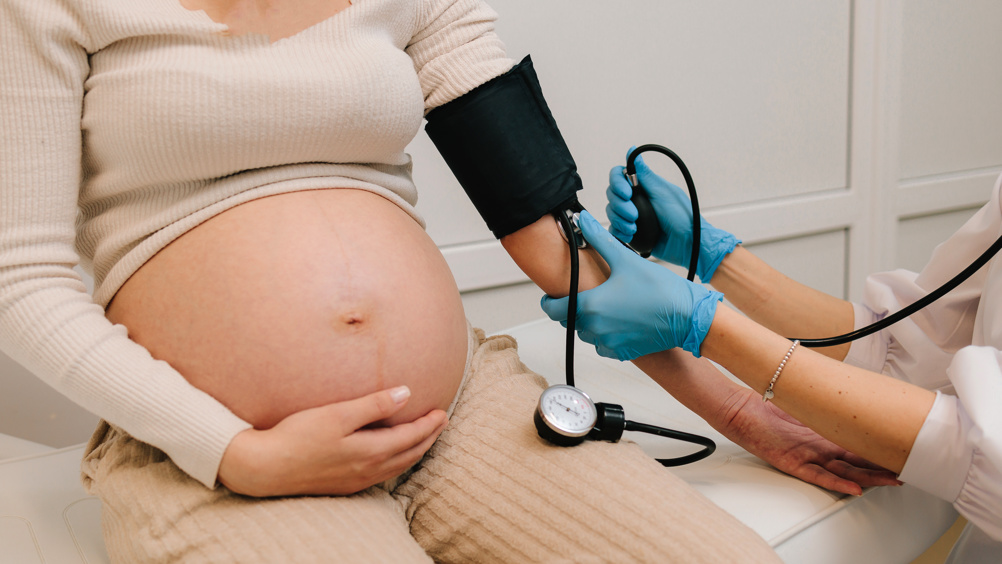References
Improving maternity safety

Abstract
Joanna Francis and Louise Wake explore a new tool from the Maternity and Newborn Safety Investigations programme that aims to promote equity in maternity investigations
The Maternity and Newborn Safety Investigations (MNSI) programme is a national initiative aimed at enhancing the safety of NHS-funded maternity care across England. Investigations include cases of maternal deaths, severe brain injuries in babies born at or beyond 37 weeks, intrapartum stillbirths and early neonatal deaths in the first 7 days of life.
In November 2024, the MNSI team attended the British Intrapartum Care Society conference in Edinburgh. The event showcased exceptional presentations from a wide range of speakers across the maternity landscape and highlighted the urgent need for maternity services to address health inequalities. The critical importance of tackling disparities was acknowledged by all as was the challenge in identifying solutions to address them.
Health inequalities are widely recognised across the country and evidence from MNSI (2024) demonstrates how inequalities lead to inequitable outcomes across the maternity pathway. Equality, diversity and health equity data consistently show that women and birthing people from an ethnic minority background, and their babies, have poorer perinatal outcomes than those from White ethnic groups (Care Quality Commission, 2023; Knight et al, 2023). MNSI wants to build on the information it holds on inequalities and understand the reasons for these inequitable outcomes, alongside exploring what prevents people's care from being tailored to meet their individual needs.
Register now to continue reading
Thank you for visiting British Journal of Midwifery and reading some of our peer-reviewed resources for midwives. To read more, please register today. You’ll enjoy the following great benefits:
What's included
-
Limited access to our clinical or professional articles
-
New content and clinical newsletter updates each month

